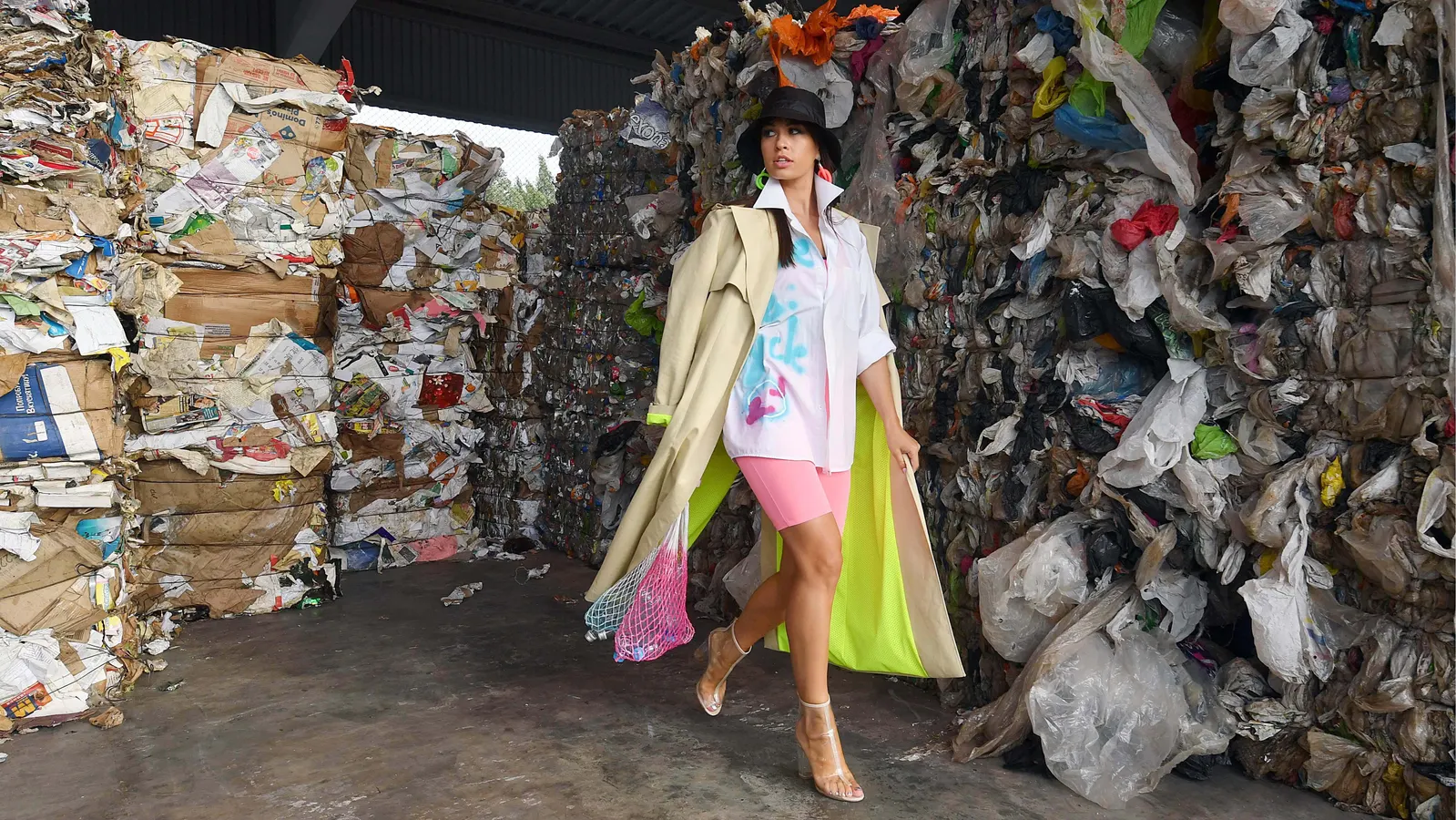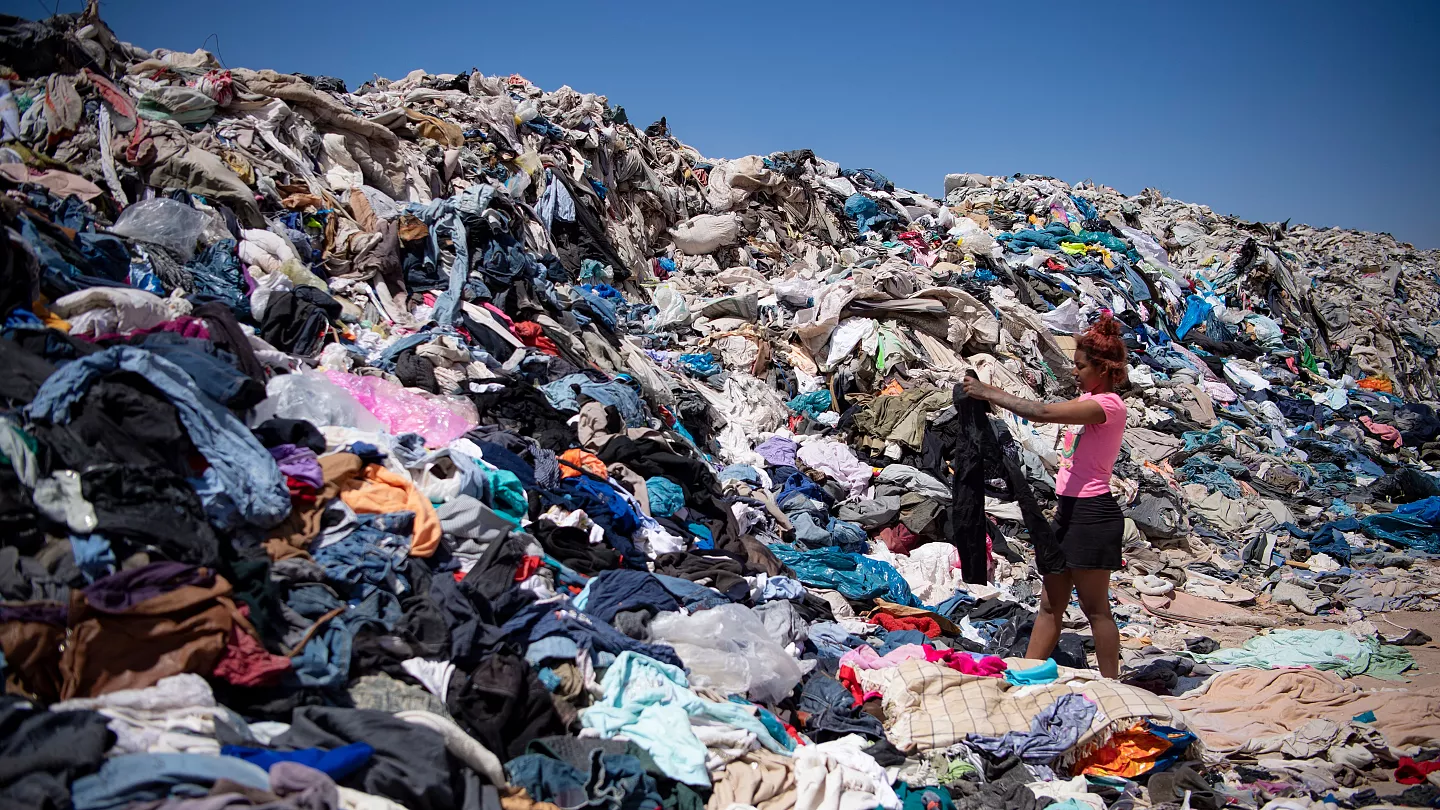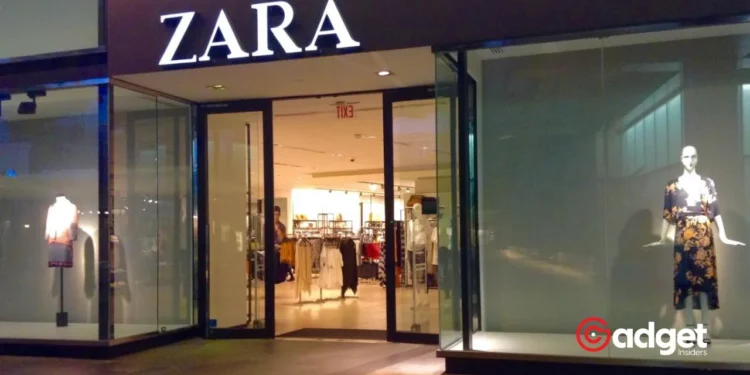In a recent investigative revelation, fast fashion titans H&M and Zara have been implicated in a disturbing environmental and social scandal. According to a detailed report by Earthsight, an environmental advocacy group, these popular clothing brands have been sourcing cotton from farms in Brazil’s Cerrado region—a practice now tied to significant deforestation, corruption, and human rights abuses.

Unraveling the Threads of Unsustainable Fashion
The investigative report, aptly titled “Fashion Crimes,” paints a grim picture of the impact fast fashion has on our planet’s most sensitive ecosystems. Earthsight’s findings are supported by a wealth of evidence, including satellite imagery, legal documents, and undercover investigations, which collectively point to a concerning pattern of environmental degradation.
At the heart of this controversy are two of Brazil’s largest agribusiness giants, SLC Agricola and the Horita Group. These companies manage cotton farms in the fragile Cerrado savanna, an area described by scientists as the most biodiverse savanna in the world. Despite its ecological significance, the Cerrado has been subject to aggressive agricultural expansion, primarily for cotton cultivation which is later exported across the globe.
The #NEB Catwalk stressed the environmental impact of the fashion industry. Textile consumption ranks 4th in environmental impact. This event raised awareness about the need for sustainable alternatives by presenting eco-friendly materials and eco-responsible production methods. pic.twitter.com/cYFIL1Ox1M
— Ivana Krusec Rubic (@cccvrcak) April 11, 2024
The report estimates a staggering 816,000 tonnes of cotton were exported from these farms between 2014 and 2023. This cotton made its way to numerous Asian textile manufacturers, some of which count H&M and Zara among their primary clients. This intricate supply chain highlights a major oversight in the global textile industry’s commitment to environmental stewardship and ethical sourcing.
Certification Under Scrutiny
Adding to the controversy, the implicated cotton batches had been certified as ethical by Better Cotton, a leading global standard for sustainable cotton production. Earthsight’s report, however, reveals “deep flaws” in the certification process, questioning the reliability of such labels when serious abuses remain unchecked.

In response to the mounting criticism, Better Cotton has initiated an independent audit to address the concerns raised by the Earthsight report. The outcomes of this audit are highly anticipated, as both the environment and human rights advocates are calling for transparency and reform in certification practices.
Industry Response
The backlash from the revelations has prompted swift responses from the involved parties. Inditex, the parent company of Zara, along with H&M, have expressed their concerns about the findings and are urging Better Cotton to make the audit results public to clarify their supply chains.

Meanwhile, the Brazilian Cotton Producers’ Association (ABRAPA) has defended its members, arguing that the allegations in the Earthsight report have been largely overlooked. ABRAPA has condemned any practices that harm the environment or violate human rights, committing to uphold standards that protect local communities and ecosystems.
The Fashion Industry at a Crossroads
This scandal serves as a critical reminder of the ongoing challenges within the fashion industry regarding sustainability and ethical practices. As consumers become increasingly aware of the environmental and social costs of their purchases, the pressure on brands to verify and improve their supply chains grows stronger.
The case of H&M, Zara, and their Brazilian cotton supplies is not just a standalone issue but a symptom of a larger, systemic problem that requires fundamental changes in how the fashion industry operates. The outcome of this scandal could very well dictate future practices across the sector, pushing more brands towards genuine sustainability and accountability.
https://www.youtube.com/watch?









